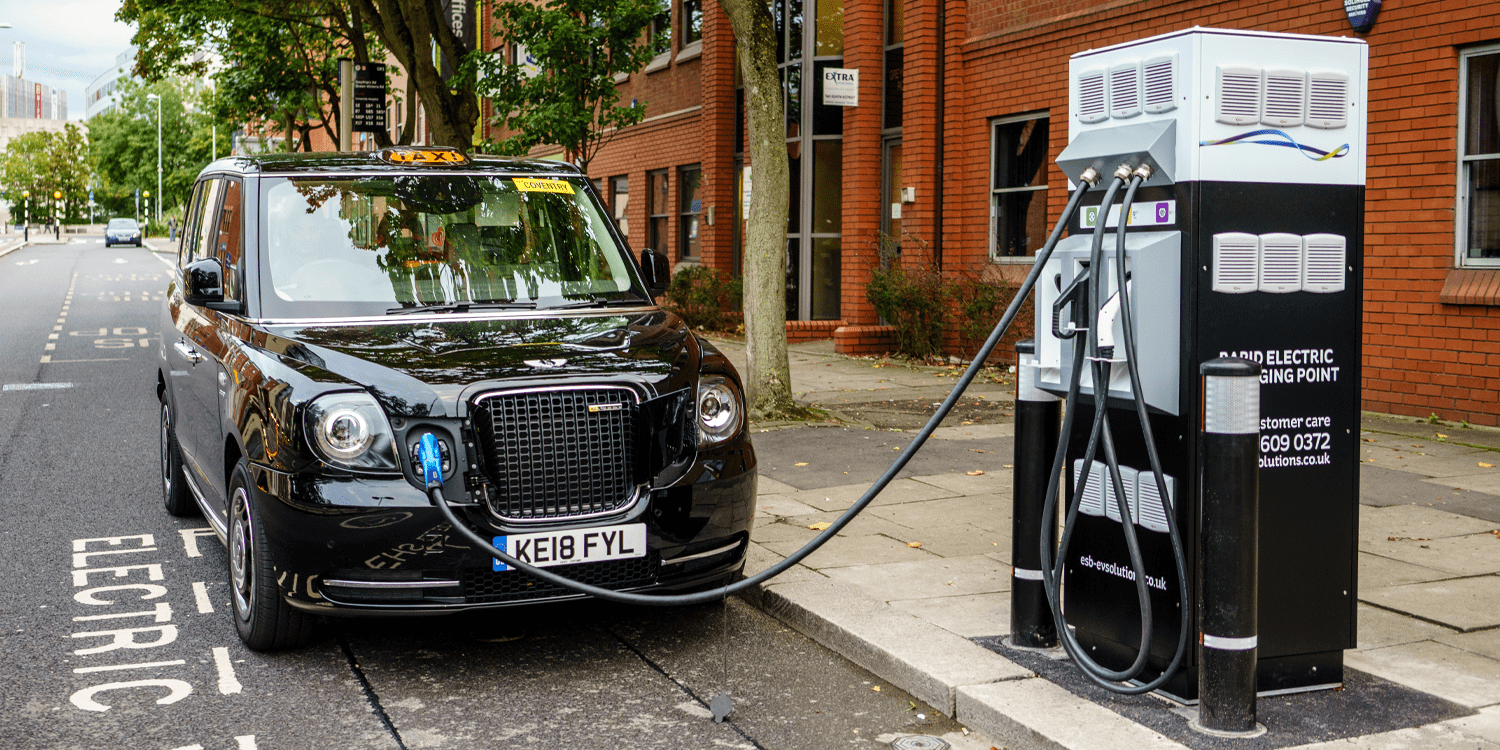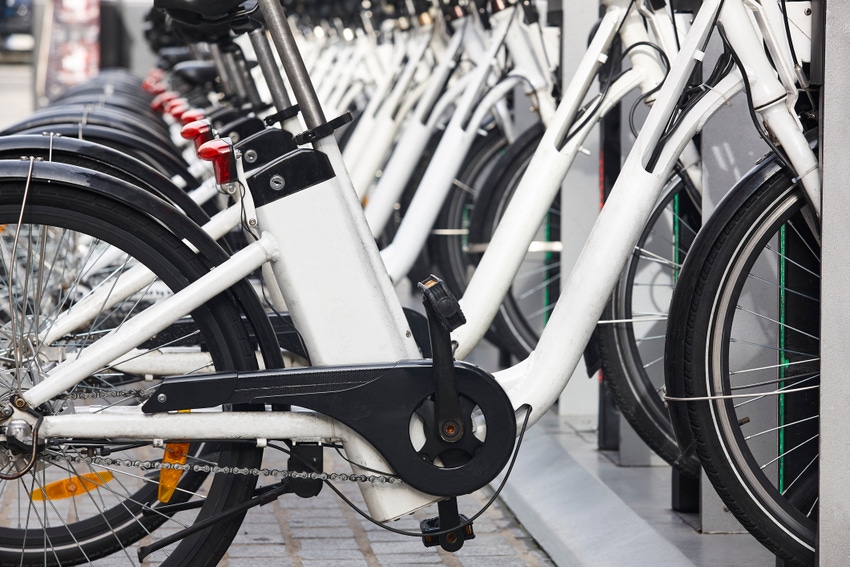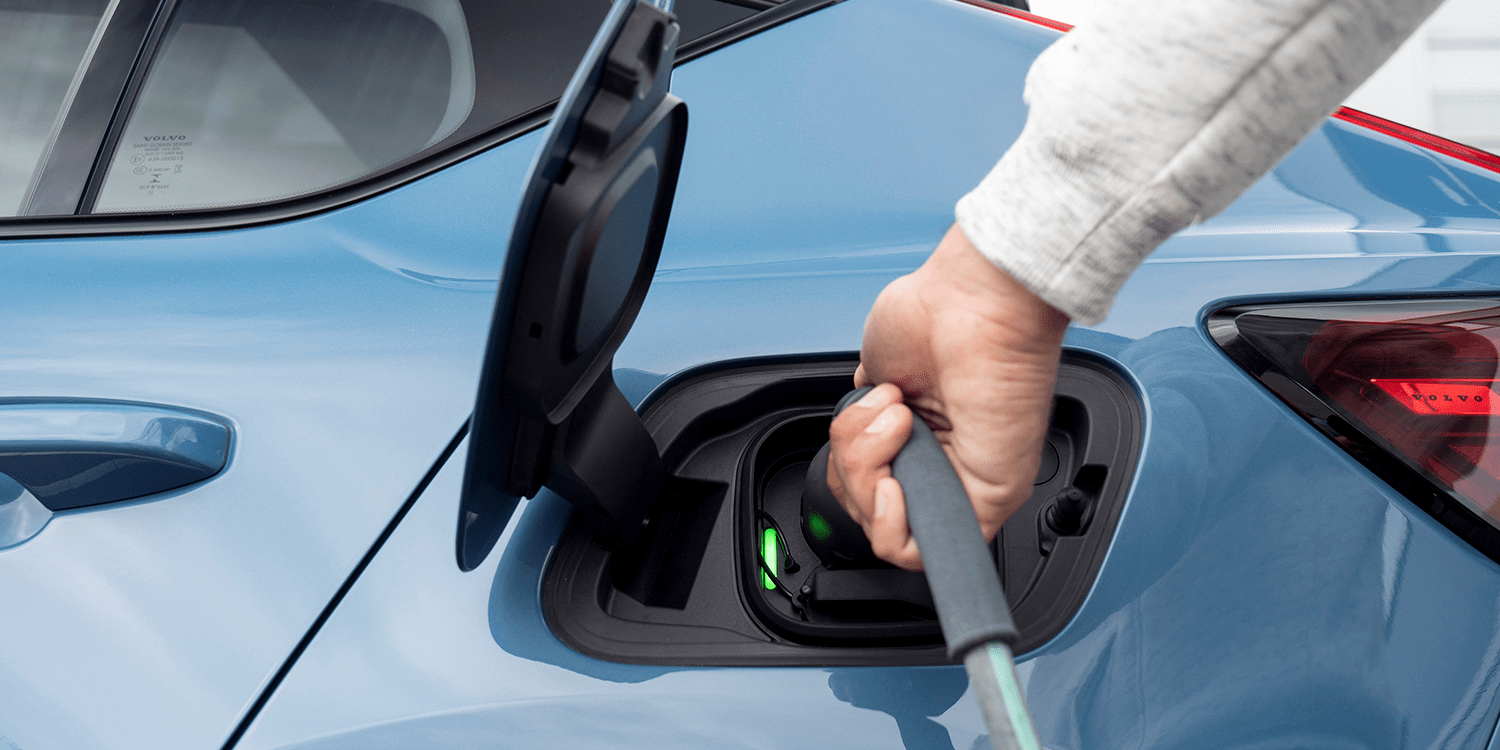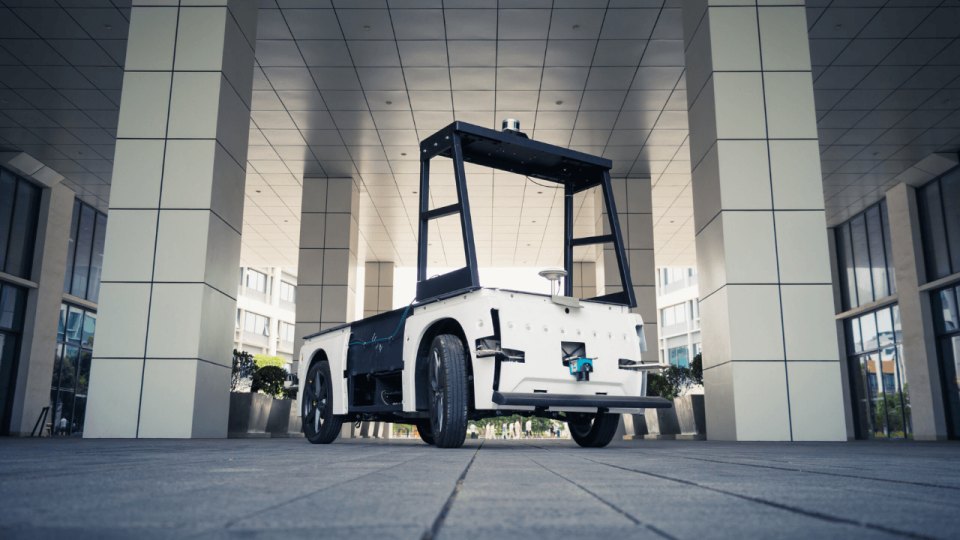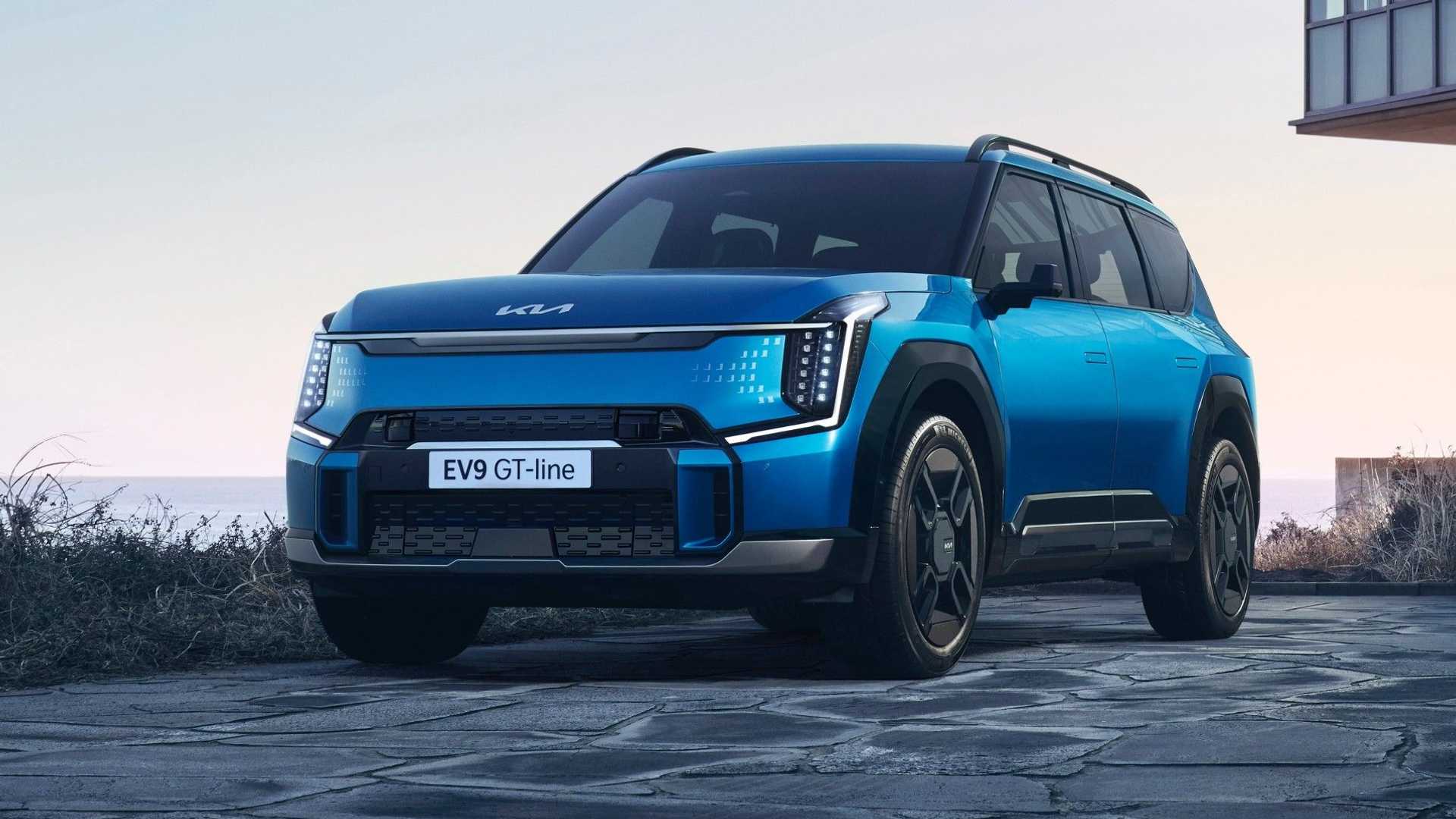ESB, an Irish energy company, has announced that it will be introducing a pay-for-use system for its public electric vehicle charging network in Northern Ireland from the end of April. This move will require EV drivers to pay for charging on the street, with two options available; a Pay as You Go option and a membership option.
John Byrne, head of ESB eCars, stated that “Pay for use for public charging is now the norm across Great Britain and Ireland. This is a natural step in ensuring we improve the network and maintain high standards for electric vehicle (EV) drivers into the future…So we need to see that network expand.”
See also: Ireland’s First All-Electric Bus Service is Launching in Midwest Region This Month
The prices for charging via the ESB network will start at a discounted rate of 46.2p per kWh for drivers who sign up for the £4.99 monthly subscription on a 22kW charger. Unaffiliated drivers will pay 49p per kWh on the same connection. For charging up to 100 kW on a rapid charger, prices of 57.7p per kWh will be charged, while subscribers will pay slightly less at 54.3p per kWh. Prices will top out on the high-speed chargers, with capacities above 150kW power, which will cost 67p per kWh or 63.1p for subscription chargers.
The funds from the pay-for-use system will be used to expand the charging network, including doubling the existing numbers of rapid chargers and increasing the speed of these chargers two-fold from 50kW to 100kW. Additionally, five high power charging hubs with a capacity of 200kW will be built in Northern Ireland.
ESB’s move to a pay-for-use system in Northern Ireland is in line with its previous actions in Ireland. The company began charging for fast charging in 2019, and soon after, began electrifying its own vehicle fleet. ESB also launched an e-bike sharing pilot programme in Dublin last year, expanding into micro-mobility.
ESB’s move to a pay-for-use system for its public electric vehicle charging network in Northern Ireland is a necessary step to fund the expansion of the charging network. The move will help to ensure that high standards for EV drivers are maintained, and the charging network is improved and expanded in line with the increasing number of electric vehicles on the road.

